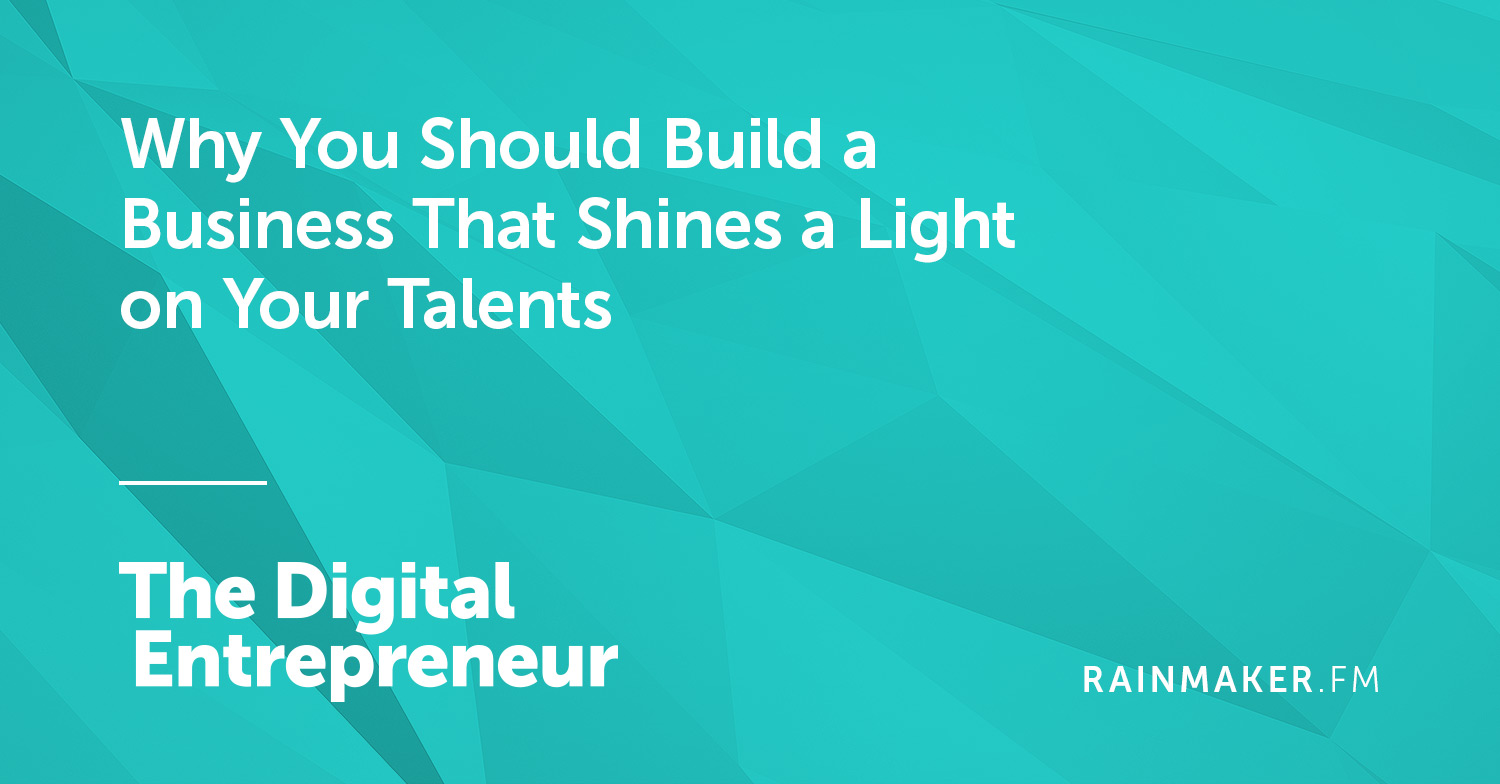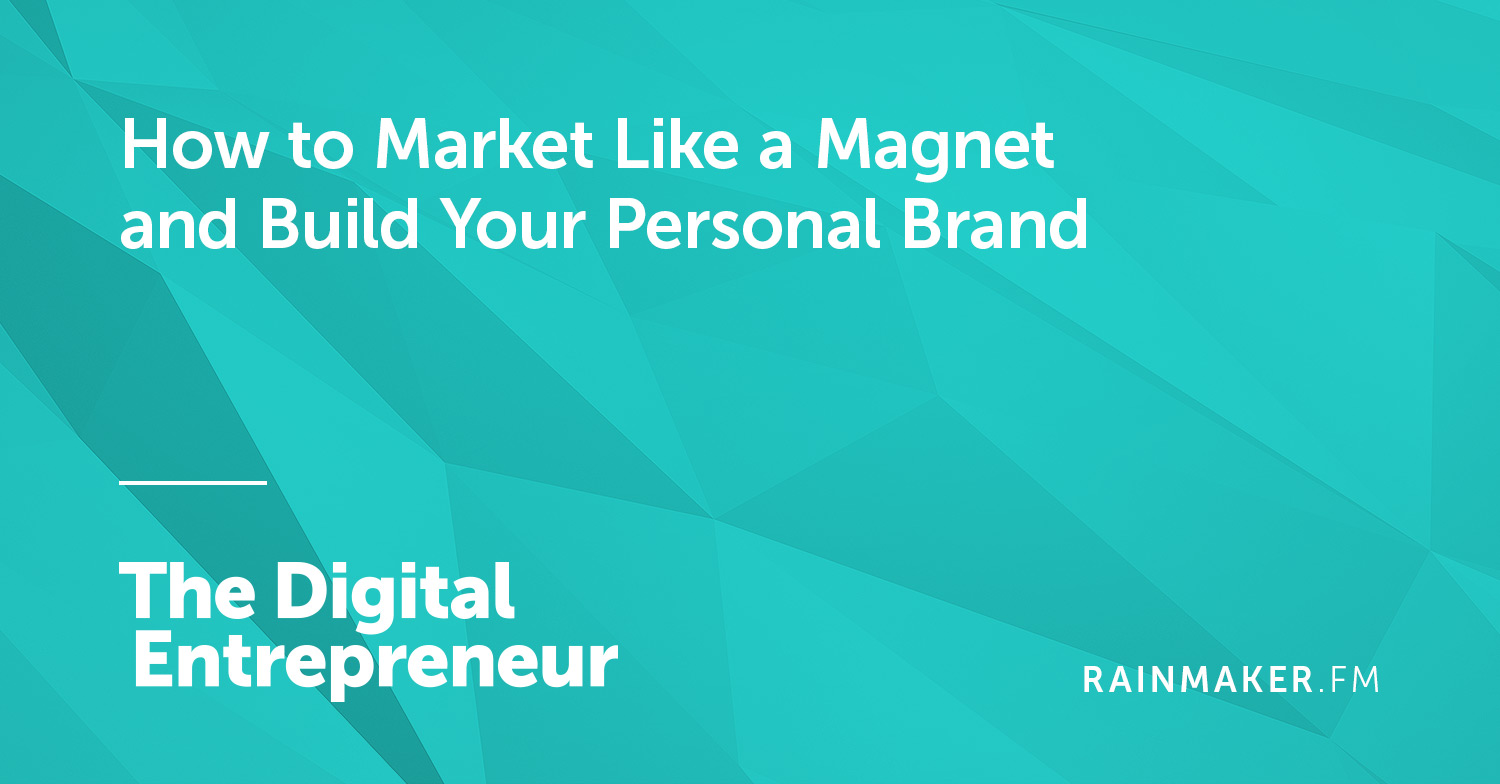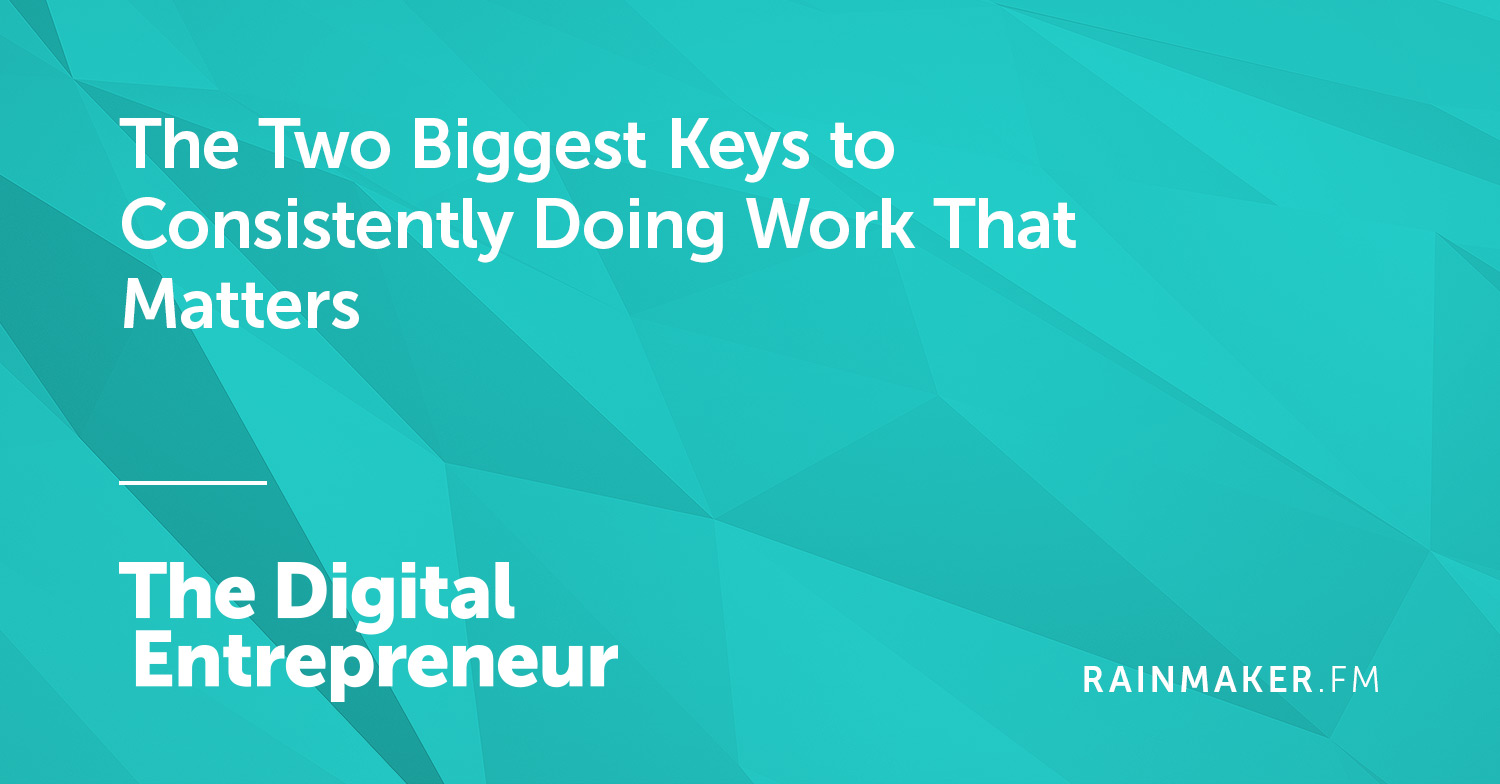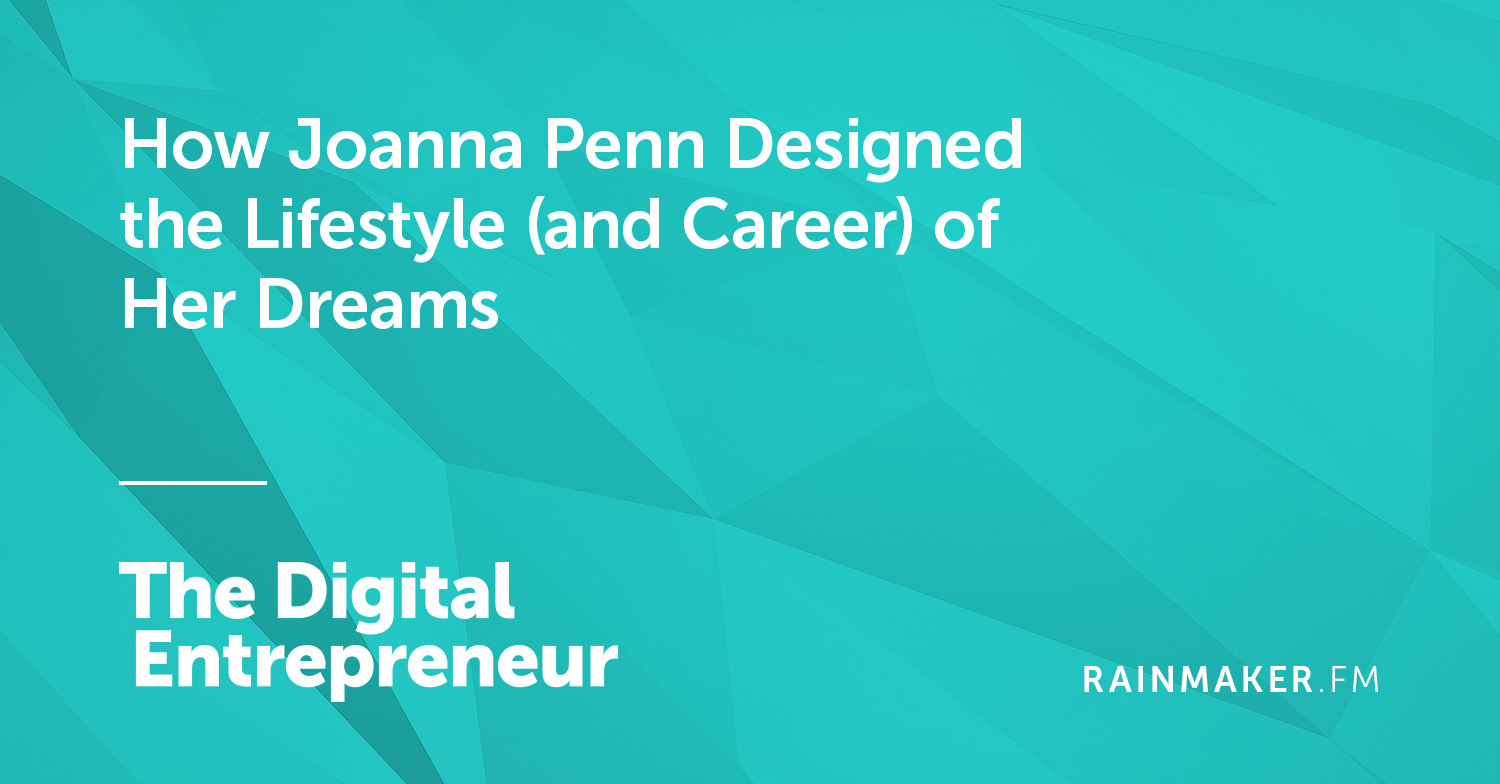Listen to PODCAST by The Recipe for SEO Success
Neil Patel is an entrepreneur, angel investor and analytics expert, he’s also the founder of KISSmetrics, Crazy Egg and the hugely popular website Quick Sprout. Neil is a prolific blogger, he’s blogged about everything covering marketing, SEM, SEO, Social Media, you name it and Neil and his team have probably blogged about it.
- How do you produce so much content?
- I know that longer posts and regular posts work better, but how is a small business person meant to write a 3,000 word blog post every week?
- When it comes to off page SEO, which tactic do you think is most powerful?
- How will the potential 10k tweets (the fact that they’re talking about increasing the character count) affect seo?
- Do we have to get experts to write all our blog posts?
- Ranking isn’t everything, what other key performance indicators should we look at to track success?
- If you could only choose one marketing tactic or maybe one marketing channel, which would it be and why?
Show notes: http://www.therecipeforseosuccess.com.au/content-marketing-made-easy-with-neil-patel/
Video: https://www.youtube.com/watch?v=72R7_pHSNWU
Website: www.therecipeforseosuccess.com.au
https://therecipeforseosuccess.libsyn.com/episode-3-content-marketing-made-easy-with-neil-patel



